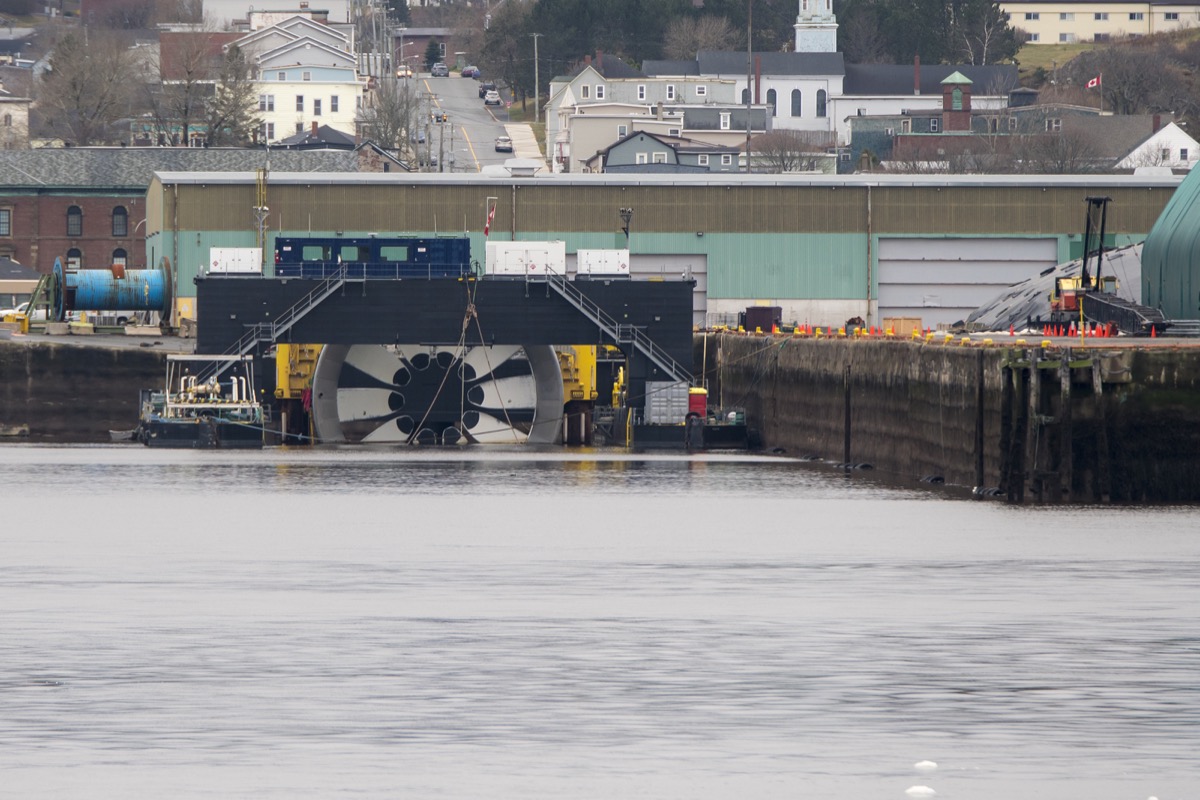
Weekly geopolitical events
By Keating Smith, Staff Writer
Africa: (Kenya) Tensions heightened in the Kenyan presidential race last week between Uhuru Kenyatta and his key rival Prime Minister Raila Odinga. Of the 14 million eligible voters in Kenya, roughly 70 per cent turned out for the national election. Although Kenyetta is suggesting that the slow process of counting the final votes may spoil ballots, many see the election as a test of the country’s democratic practices. During Kenya’s last national election in 2007, upwards of 1,000 people died in violent clashes that politically divided the East African state.
North America: (United States) 236,000 jobs were created in the United States last month, a figure well above what the US Department of Labor had estimated. Figures from the federal department also show that unemployment had dropped to a low of 7.7 per cent, a first for the country since 2008. According to the New York Times, the nation’s construction industry saw the largest amount of growth with 48,000 new jobs being created while public servant positions fell by 10,000. American economists are predicting that unemployment could fall below seven per cent by the end of 2013.
Latin & South America: (Venezuela) Tens of thousands of mourners gathered in the Venezuelan capital of Caracas to attend Hugo Chavez’s funeral last Friday. The 58-year-old president of Venezuela passed away last week after a long battle with lung cancer and other respiratory ailments. The country will hold elections in less than a month to determine who will become the next president of Venezuela. Chavez’s body will be preserved and placed on display for an indefinite period of time in a national military museum in Caracas.
Asia- Central & South: (Maldives) Former Maldives president Mohamed Nasheed was arrested last week by police in the archipelago nation after failing to make a court date in Malé, Maldives capital. Nasheed is accused of illegally detaining a judge during his final weeks in power. Nasheed was forced out of power at gunpoint last year during protests, which included a police mutiny. Three hundred and thirty thousand people live in the small state, located 700 km southwest of Sri Lanka. The country has been predominately ruled by an authoritarian government since the late 1960s.
Europe: (Bulgaria) Thousands of Bulgarians have staged protests resulting in civil unrest across the country. Since early February, protests have sprung against political leaders and social problems, such as poverty and heightened costs for basic utilities owned by nationalized monopolies. Bulgarians celebrated the country’s 135th Liberation Day, a national holiday that celebrates independence from the Ottoman Empire last Sunday. Organizers who staged rallies on the national day asked Bulgarians to carry out protests in a peaceful and non-violent manner. The Baltic state is considered to be the poorest country in the European Union, with its GDP measured at $51 billion.
Middle East: (West Bank) The two “Palestinian only” bus lines launched by Israel’s transport ministry were met by violent protests in the West Bank last week, with two of the designated buses being lit on fire by suspected anti-segregation activists. While the Israeli government claims the purpose of the bus lines are to reduce fares for Palestinians working in Israel, media sources in the Jewish state have reported that Israeli settlers in the West Bank view the sharing of public transportation with Palestinians as a security threat to them.


